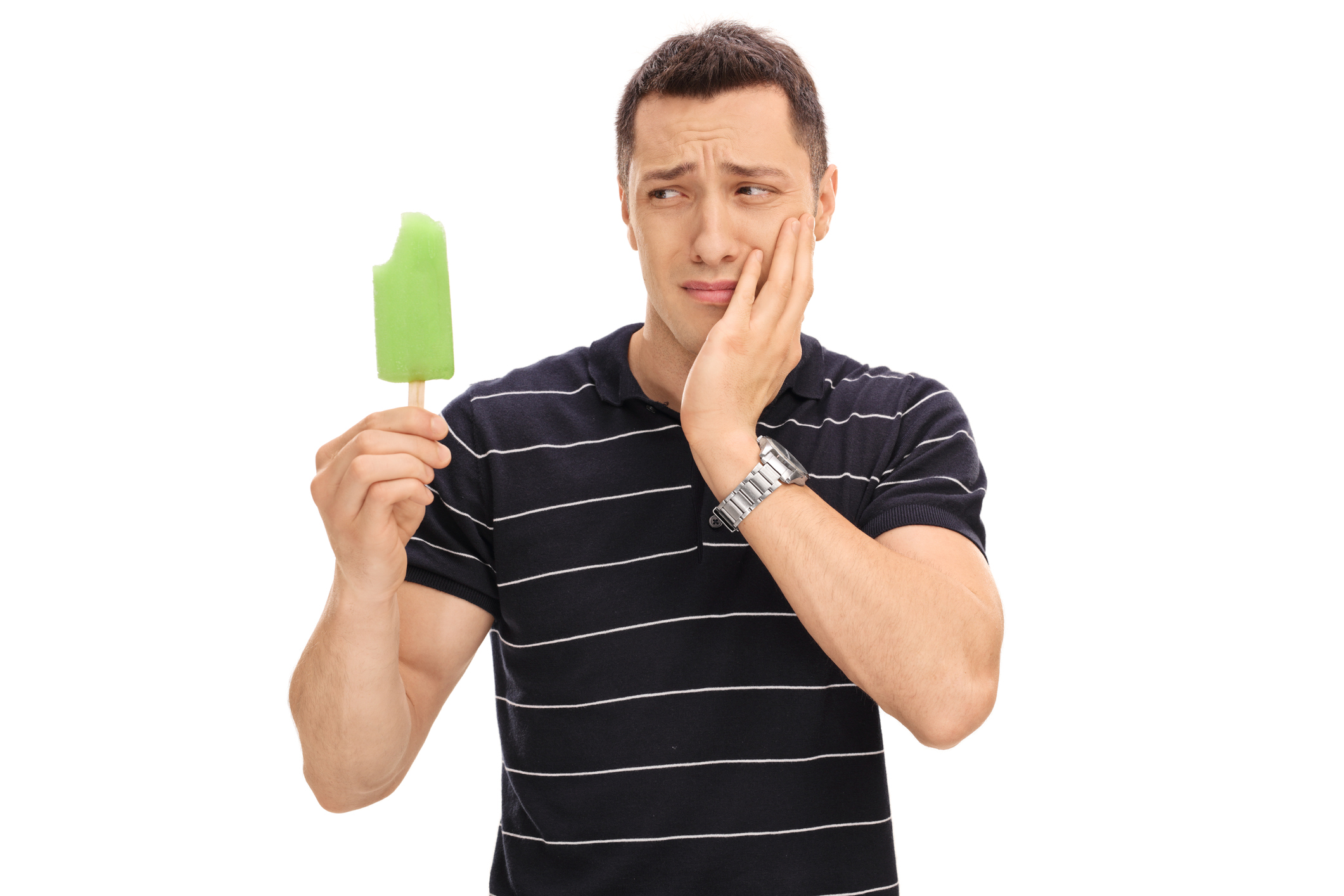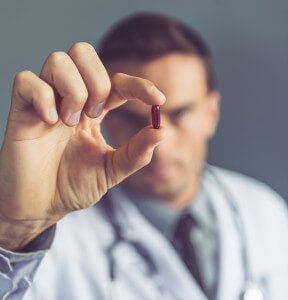
Do hot or cold beverages and food make you cringe when they contact your teeth? While sharp mouth pain from chewing is usually a problem with a specific tooth, the Journal of American Dentistry estimates at least 12 percent of the population has temperature-sensitive teeth.
What’s Behind the “Ouch”?
While some people are naturally more reactive to hot or cold sensations in the mouth, recent dental work or orthodontia are often to blame for sudden discomfort. But if sensitivity is a new development that sticks around, it’s likely due to one of several reasons;
- Brushing too hard – using hard-bristled toothbrushes or applying too much force
- Acidic foods – As we’ve discussed here & here, acid is the enemy of healthy teeth
- Old fillings – Over time, weakened fillings can fracture or leak at the edges, leading to new decay
- Grinding – As we’ve said, Bruxism can cause many problems, including micro-cracks in teeth that can enhance sensitivity.
- Mouthwash junkie – over-use of alcohol-based products can increase sensitivity
- Whitening products – All you bleachorexics, beware… over-use is a big contributor to sensitive teeth
Solutions You Can Use
Brush Gently
Instead of a power-washing, think of brushing as massage. Stiff bristles and/or scrubbing too vigorously can cause gums to recede, exposing nerve endings. Therefore, you should choose a soft-bristled toothbrush, used twice daily for two minutes. Also, always be sure to brush with an up-and-down motion, rather than side-to-side.
Change Your Toothpaste
There are numerous desensitizing toothpastes that block the transmission of sensation between teeth and nerves. When used twice daily, these over-the-counter products can bring significant temperature relief in as little as two weeks.
Double Down on Fluoride
Switch your alcohol-based mouthwash to one with fluoride to strengthen the all-important enamel layer,which naturally insulates teeth against temperature sensitivity. If you have severely sensitive teeth, there are higher-gel fluoride treatments available that can only be applied in-office. Ask us about additional fluoride options at your next visit.


